Mann says the centre has long been tracking cannabis use and mental health issues among both youth and adults in the province, but that the latest, post-legalization data will not be released until early next year.
But in the lead-up to the new laws — which opened the recreational cannabis market last October — there were widespread fears that their health effects could be dire.
Those numbers declined to about 35 per cent in legalization’s wake. And the abating fears seem to be justified by observations from front-line emergency room workers who would typically deal first with pot-related maladies.
At Toronto’s University Health Network, the impact on the system’s two emergency departments has been imperceptible.
“We haven’t seen any difference,” says Dr. Sam Sabbah, director of emergency medicine at UHN, which operates ERs at its Toronto General and Toronto Western sites. “Cannabis was already very widespread so legalization has not had an appreciable increase in cannabis-related emergency department visits,” Sabbah said in an email.
The story has been much the same at St. Michael’s Hospital — one of the city’s two major trauma centres — where pot remains a distinctly secondary concern to alcohol.
“We do not have data on this, but anecdotally speaking we have not seen a significant increase in cases post-legalization,” says hospital spokesperson Michael Oliveira . “Alcohol-related injury … issues are far, far more common and can sometimes result in more serious, including critical, injuries.”
The paltry impact of legalized cannabis seen in Toronto ERs is being largely reflected across the country, says Dr. Atul Kapur, a spokesperson for the Canadian Association of Emergency Physicians.
An ER physician at the Ottawa Hospital, Kapur says the experience in places like Colorado — which legalized recreational cannabis in 2014 — had led Canadian doctors to believe the effects here would be minimal, and that has been the case. He says methamphetamines are a far more troubling and pressing concern in Canada’s emergency rooms.
Meanwhile, a federal report in April reported there were some 3,286 opioid-related deaths in Canada between January and September of last year.
However, Kapur says the scheduled legalization of edible cannabis products in October could change things, especially among children who could accidentally ingest the often tempting-looking confections.
“Even though edibles are not yet legal in Canada we’ve noticed a bit of an increase” in kids ingesting them, he says. “We’re worried that that is going to be an even worse problem when edibles become legalized.”
To this point, however, the Ontario Poison Centre — operated by Toronto’s Hospital for Sick Children — has seen no evidence of an increase in pot emergencies among children and teens, Dr. Margaret Thompson, the centre’s medical director said.
In a month-by-month breakdown from 2018, the centre recorded a high of 33 cannabis exposure cases in August, a month and a half before legalization, in kids younger than 19.
The centre, which also covers Manitoba and Nunavut, recorded just 16 cases in October, the month cannabis was legalized, 23 in November and 29 in December.
At CAMH, if further tracking does indeed show an increase in cannabis use among patients, Mann says it may well be attributable to a general rise in pot consumption — especially among adults — that began a decade ago.
“If there’s an increase that we see, it (will be) hard to say that it’s due to legalization because it’s been going up for 10 years,” he says.
Mann says that increase in pot consumption may be due to several factors, including a simple “cohort effect” that has seen the increased number of people who tried pot in their youth over recent decades still using into their adult and middle-aged years.
“It could (also) be due to the increased interest in medical cannabis,” he says. “People may be self-medicating for pain, anxiety, things like that.”
Mann does say, however, that the negative consequences of liberalized recreational cannabis laws seen in jurisdictions that passed them earlier in the decade have been mixed.
“There are some studies in some places reporting … increases in usage rates or maybe increases in the number of drivers that are found with cannabis in their system,” he says. “But it’s not been consistent across jurisdictions.”
Mann says it often takes years to detect the health and other impacts brought on by large-scale changes in drug laws.
For example, he says not much change in road safety was detected in the immediate wake of the drunk-driving laws that set blood alcohol limits at the familiar 0.08 in the late 1960s. But after a quarter-century of tracking, those cross-country laws were seen to have reduced impaired driving deaths by 17 per cent in Canada.
Emergency and cannabis industry experts have warned that pot-related ER visits may well spike among adults in October as well.
Inexperienced edibles users often overindulge — mistaking delayed highs for insufficient intakes and freaking out when the full impacts of the infused treats emerge.
While frightening, such overdoses virtually never prove fatal and the effect on an individual will almost always recede with time.
We hope you have enjoyed this article and as always, we appreciate everyone that helps support our group by purchasing 1 or more of the Quality Products available @
Alpha Extracts – Omica Grow – Plant Superfood & Soil Restoration
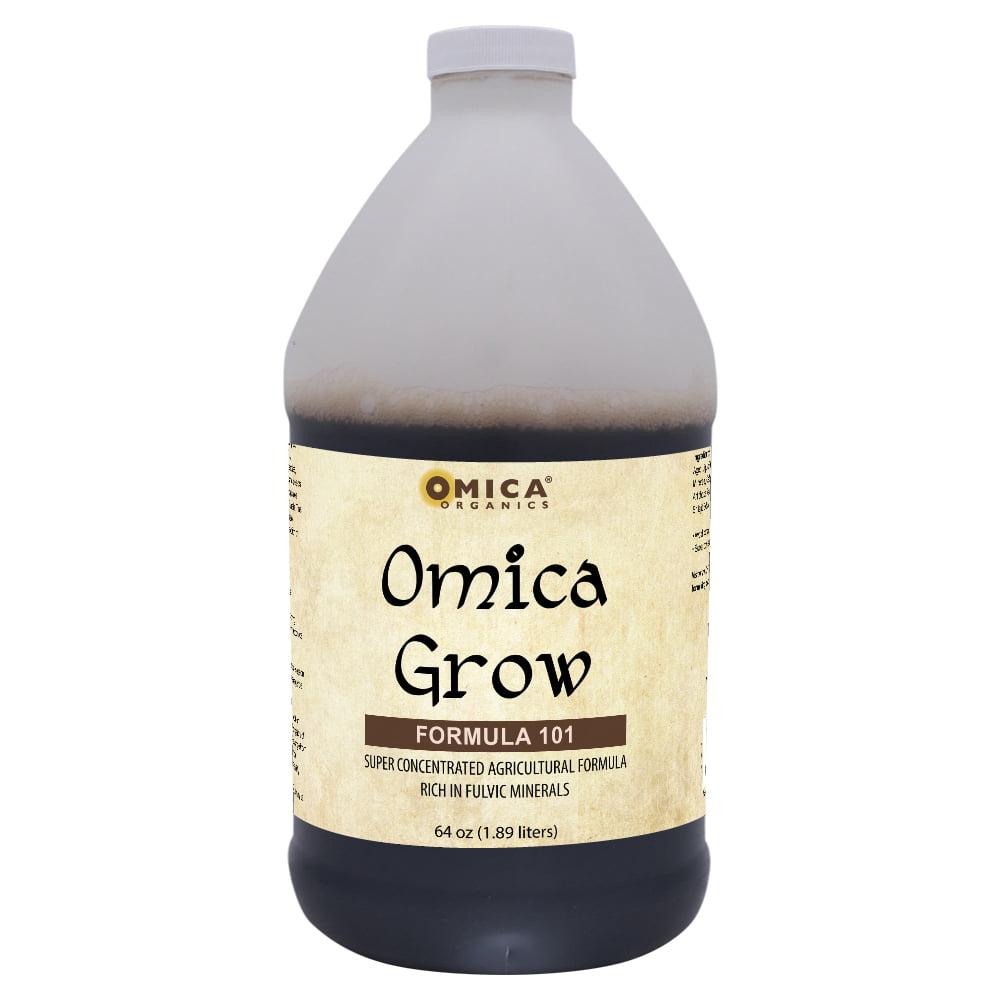
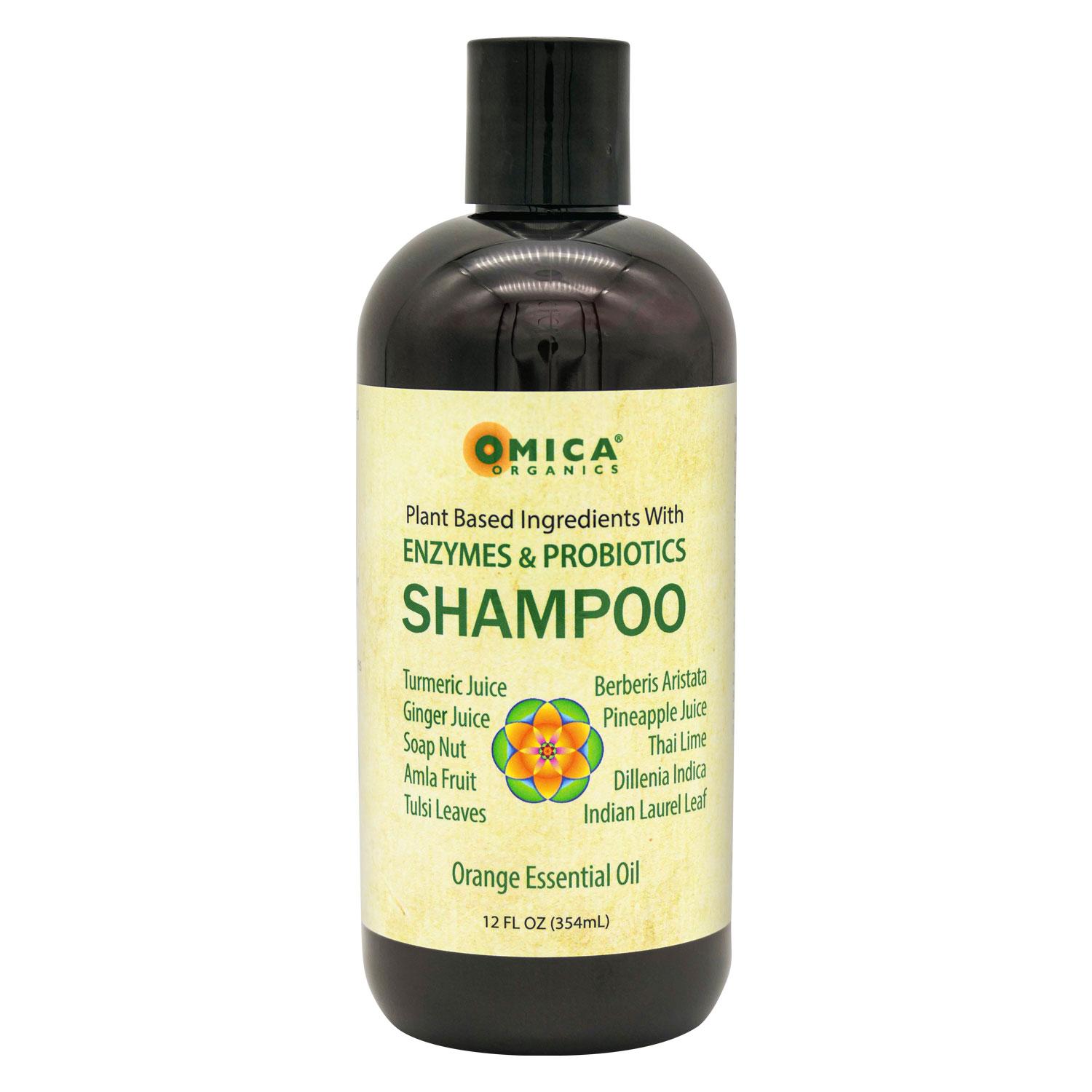
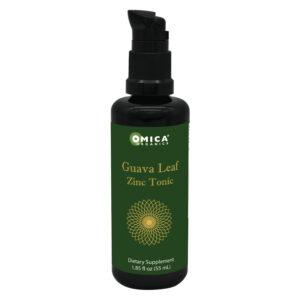
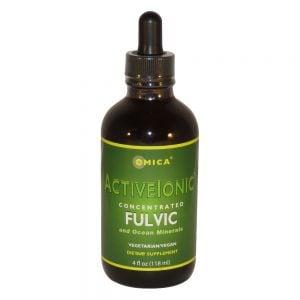

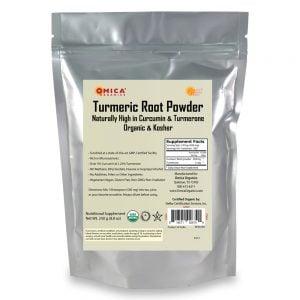

Omega8
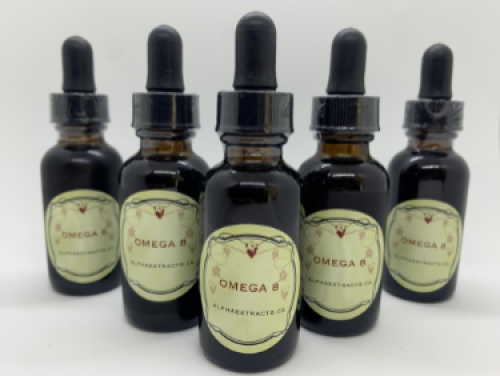

Omega8 truly miraculous | alphaExtract (alphaextracts.ca)










